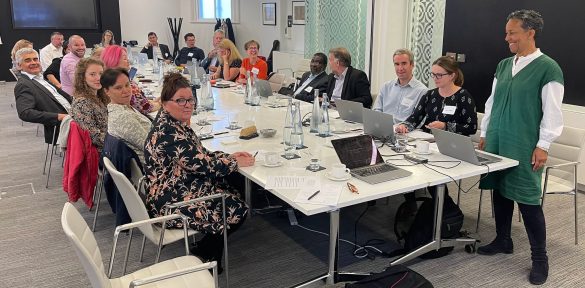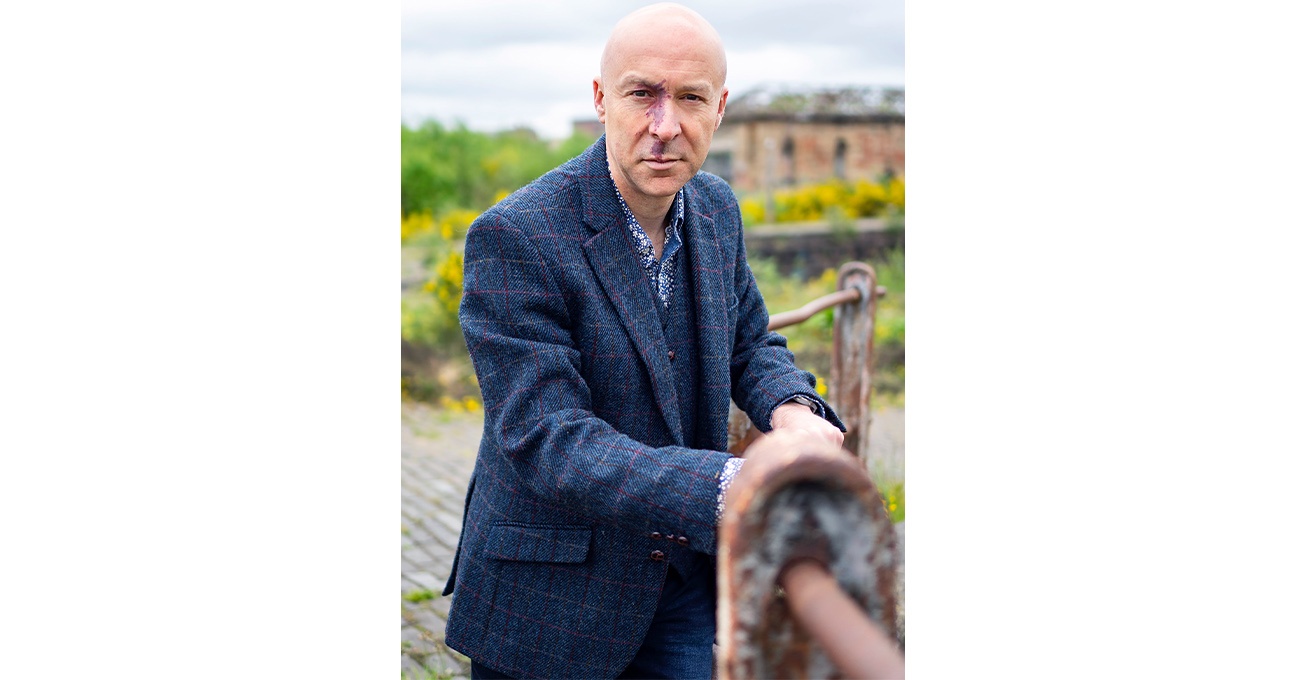 An invitation to contribute to a “joined up” future for research in multiple long-term conditions has been issued by a new collaboration. Multiple long-term conditions refer to the co-existence of two or more chronic conditions (physical or mental) in a person. With an estimated 14 million people in England alone living with MLTC, it is a significant challenge for the health and care service, research into these conditions is an area of strategic focus for the NIHR.
An invitation to contribute to a “joined up” future for research in multiple long-term conditions has been issued by a new collaboration. Multiple long-term conditions refer to the co-existence of two or more chronic conditions (physical or mental) in a person. With an estimated 14 million people in England alone living with MLTC, it is a significant challenge for the health and care service, research into these conditions is an area of strategic focus for the NIHR.
The Multiple Long Term Conditions (MLTC) Cross-NIHR Collaboration (CNC) – funded by the Department of Health and Social Care (DHSC), through the National Institute for Health and Care Research (NIHR) – has been tasked with creating an “holistic blueprint” for how studies covering MLTC should be conducted.
This new collaboration is being led by Professor Avan Aihie Sayer and Professor Kamlesh Khunti, and will be inclusive of all parts of NIHR to maximise the use of existing resources, leverage additional funding, attract commercial and non-commercial partners and collaborators, and build research capability, capacity and leadership in MLTC research.
Professor Avan Aihie Sayer, who is Director of the NIHR Newcastle Biomedical Research Centre & William Leech Professor of Geriatric Medicine, said: “One in four people in England are living with multiple long term conditions. These conditions can develop at any stage of life but become more common and burdensome with age, leading to significant personal and societal costs such as increased need for health and social care. So, this new collaboration is an important opportunity to work across multiple conditions and disease areas in order to address this major health challenge.”
Professor Khunti, Director of NIHR Applied Research Collaboration East Midlands and Professor of Primary Care Diabetes and Vascular Medicine at the University of Leicester, said: “We will be working to encourage collaboration between all stakeholders, ensuring the frameworks and infrastructure involved in every part of the system are not just focussed on one condition but multiple conditions. This collaboration presents us with a golden opportunity to create a joined-up future for how to conduct research into multiple long-term conditions. Our task is to create an holistic blueprint for the future of MLTC research.”
Professor Jonathan Benger, NICE Chief Medical Officer, said: “We are pleased to be part of this collaboration, and see it as a great opportunity to help shape the future of research to ensure we continue to learn from data and implementation.”
Eleanor Charsley, Director, Government Affairs of Association of British HealthTech Industries (ABHI), said: “HealthTech has a fundamental role to play in improving the management, monitoring, and treatment of individuals with multiple chronic conditions. Addressing this area requires a multi-stakeholder approach, and we welcome the MLTC Cross-NIHR Collaboration ambition to create a holistic blueprint for research. We look forward to supporting this work, to ensure a joined-up approach from research, through to effective treatment.”
Additionally, Professor Mehdi Tavakoli, MedTech and MLTC Lead, Innovate UK Business Connect, said: “Having links with the MLTC CNC programme will accelerate the translational research effort to address unmet needs and improve patient outcomes in the field of MLTC. This will enable knowledge exchange and formation of new collaborations and partnerships between academic, clinicians particularly with industry, third sector and other key stakeholders. This would allow faster developments and adoption of new products and technologies to benefit many patients with MLTC.”
The collaboration has been awarded £1.95 million to bring together the NIHR’s translational, applied and policy research infrastructure. This will make it easier for researchers and organisations from different specialties and centres to tackle MLTC research questions, such as how people with multiple conditions can best navigate the healthcare system. It has been established in response to the NIHR Strategic Framework for MLTC Research.
To get involved in the collaboration, email [email protected]. For more information about the programme, visit: https://www.nihr.ac.uk/about-us/our-key-priorities/multiple-long-term-conditions-cross-nihr-collaboration/.






